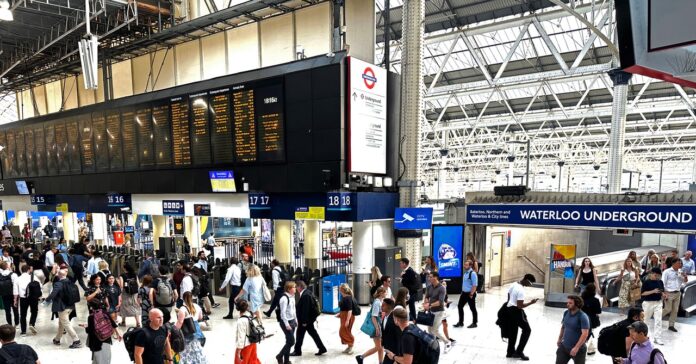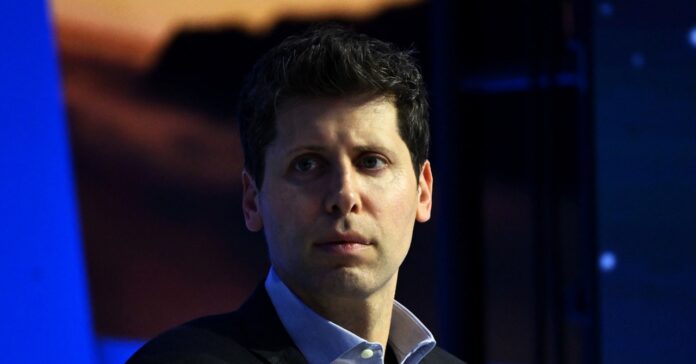In Short:
In June, Microsoft laid off around 1,000 people, including Aaron Damigos, due to a pivot towards investing in artificial intelligence. The layoffs are part of a larger trend in tech companies, such as Dropbox and Meta, shifting towards AI and cutting jobs. While some believe AI will create more jobs, current layoffs show the impact of this technology on the workforce. Many tech companies are focusing on AI development, leading to organizational and workforce adjustments.
Microsoft layoffs include web support associate Aaron Damigos
Aaron Damigos’ inbox was hit with a dreaded, ubiquitous business-update calendar invite on June 3. The meeting included someone from HR, his manager, and upper management—and ultimately resulted in the sudden end to his job as a web support associate with Microsoft.
Microsoft layoffs overview
Microsoft reportedly laid off some 1,000 people in early June, pulling from its mixed reality and Azure cloud departments, and also Damigos’ consumer sales division. An email to employees from Jason Zander, executive vice president of strategic missions and technologies at Microsoft, leaked to Business Insider, blamed a pivot to invest in artificial intelligence: “Our clear focus as a company is to define the AI wave and empower all our customers to succeed in the adoption of this transformative technology. Along the way, we make decisions that align with our long-term vision and strategy while ensuring the sustainability and growth of Microsoft.”
Impact on Aaron Damigos
Damigos, who lives in Tacoma, Washington, says he wasn’t told that a push for AI directly led to the end of his job specifically, which involved helping customers understand how to use Microsoft products. But it’s clear that Microsoft, the largest backer of OpenAI, is all in on the tech. “I think the shift toward AI work has unfortunately led to the deprioritization of some essential customer-facing roles,” says Damigos, who has been chronicling his layoff journey and showcasing his skills on TikTok. “I helped people understand how to effectively use and understand the products.” He adds that he felt his team had “a lot of potential” to make a better customer experience for Microsoft—but ultimately, the company moved to make investments elsewhere.
Company response and future outlook
Microsoft did not confirm the authenticity of Zander’s emails. “Organizational and workforce adjustments are a necessary and regular part of managing our business,” says Craig Cincotta, a Microsoft spokesperson. “We will continue to prioritize and invest in strategic growth areas for our future and in support of our customers and partners.”
No one knows yet quite how AI will impact work in the long term, but many experts largely agree that AI will not replace most workers anytime soon. “AI will reshape the labor market,” says Nick Bunker, director of economic research at the job board Indeed. “It’s just not clear how it will reshape it.” Some predict that it will create more jobs—but some workers are currently training their own AI replacements. But the layoffs happening now show that AI hype, not futuristic AI colleagues, can cause thousands of people to lose their jobs.
Microsoft isn’t alone. Dropbox announced 500 layoffs in April 2023, and CEO Drew Houston acknowledged that AI had played a role. “In an ideal world, we’d simply shift people from one team to another. And we’ve done that wherever possible,” Houston’s statement said. “However, our next stage of growth requires a different mix of skill sets, particularly in AI and early-stage product development.”





